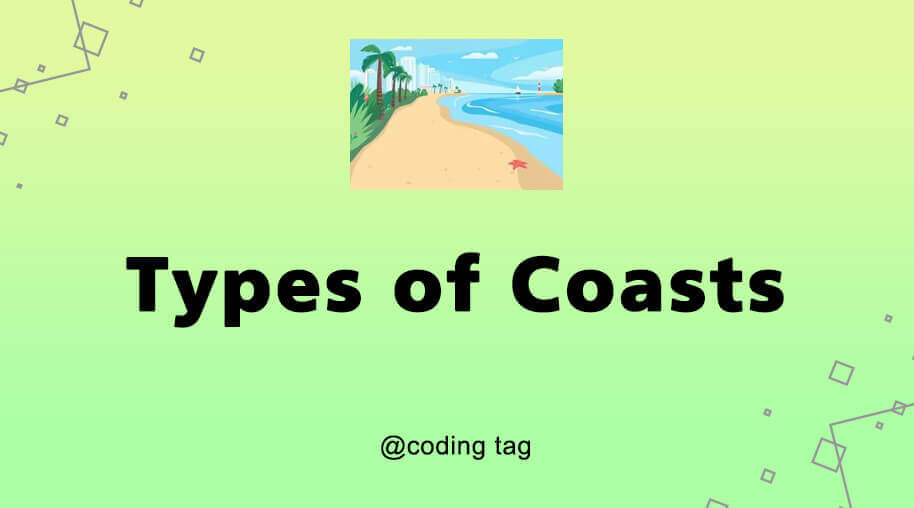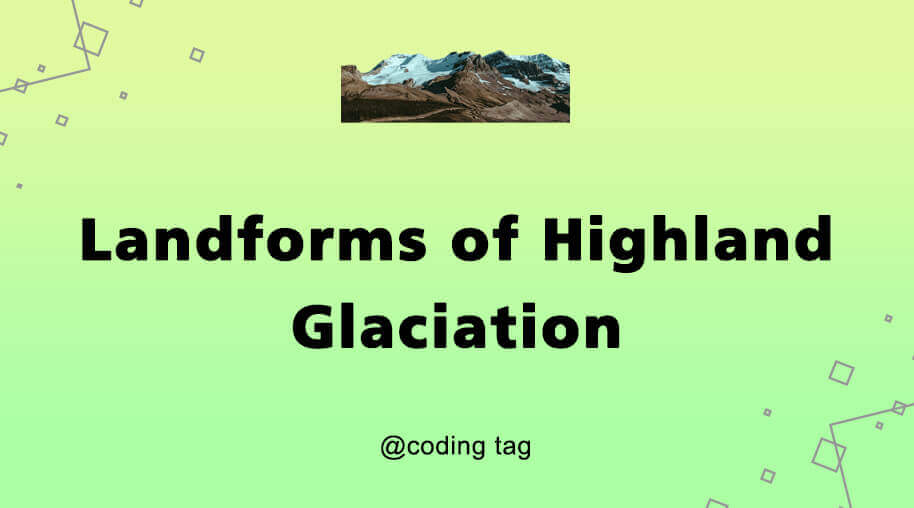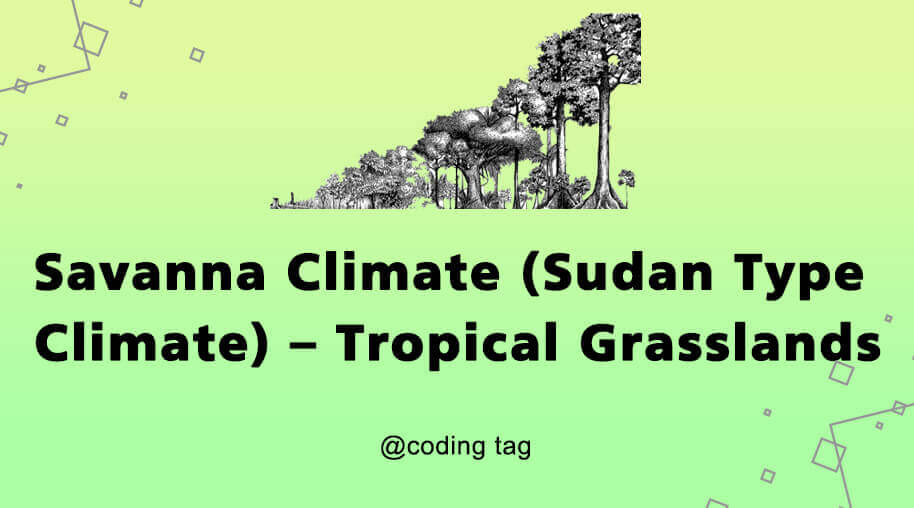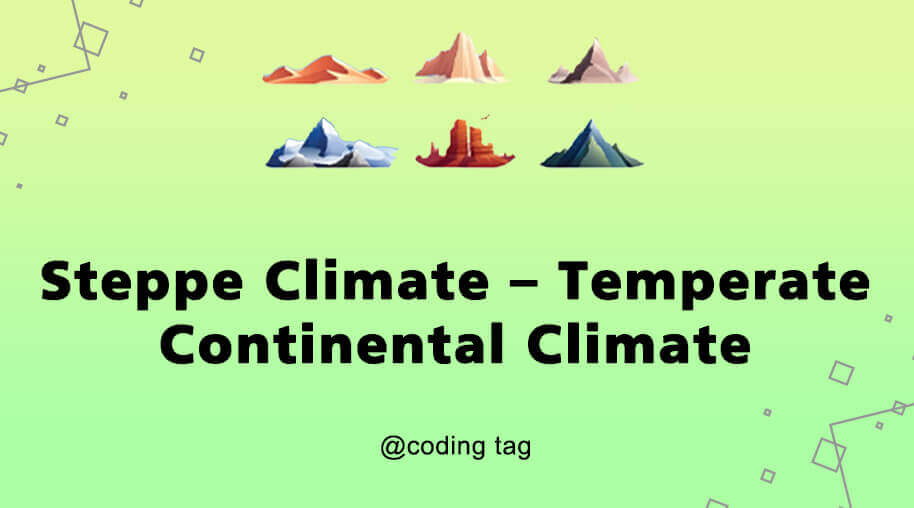Types of Lakes
by Devender
0 2383
Lakes occupy the hollow land surfaces where water accumulates and vary in size, shape, depth & mode of formation. There are various kinds of lakes based on their mode of formation.
Types of Lakes
- Lakes
- However, lakes are only a temporary feature of the earth crust
- They eventually get eliminated by draining & silting up
- Most of the lakes in the world are freshwater lakes fed by the rivers
- Lakes formed by earth movement
- Tectonic depressions give rise to lakes of immense sizes & depths
- These tectonic depressions occur due to the warping, bending & fracturing of the earth crust
- A rift valley is formed by the sinking of land between two parallel faults due to faulting
- It is deep, narrow & elongated in character
- Water collects in these troughs
- Their floors are often below sea level
- Lakes formed by Glaciation
- Their floors get filled with water to form cirque lakes
- Lakes that occupy long & deep glacial troughs down the valley are known as Ribbon lakes
- Valley glaciers often deposit moraine debris across a valley
- Lakes are formed when water accumulates behind the barrier
- Both lateral & terminal moraines are capable of damming valleys
- Lakes formed by volcanic activity
- The crater may get enlarged by subsidence and form a caldera
- In dormant & extinct volcanoes, rain falls into the crater or caldera
- The water has no outlet forming a crater or caldera lake
- Lakes formed by Erosion
- These underground long and narrow lakes are exposed when limestone roofs of underground caverns collapse
- Polje normally do not have any outlet so, it may also contain lakes
- Lakes formed by Deposition
- A lagoon is a shallow body of water separated from a larger body of water by barrier islands or reefs
- Lagoons are called Haffs in East Germany & Poland
- The dammed water rushes down causing floods when they suddenly give way
- Lakes formed by Human & Biological activities
- It modifies the natural environment in such a way that the overall ecosystem builds upon the change
- It makes beavers a keystone species
- Ornamental lakes - These lakes are made to attract tourists
- Lakes made by men mining activities
- Inland fishing lakes to develop an inland fish culture
The tiny lakes are as small as a pond or a pool while the larger ones are so large that they take the name of a sea such as the Caspian Sea.
Saline water lakes are formed in the region where evaporation is greater than precipitation & only a few streams fill up the lake such as - Dead sea & the Great Salt Lake of Utah.
1 Tectonic lakes
For Example - Lake Titicaca (at the Andes) – The highest lake in the world, the Caspian Sea (The largest lake in the world & 5 times larger than its nearest rival i.e. lake superior).
2 Rift Valley Lakes
For Example - Lake Tanganyika (World’s deepest lake) & Dead Sea (World’s lowest lake)
1 Cirque lakes/Tarns
A glacier on its way down the valley leaves behind circular hollows in the heads of the valleys up in the mountains known as corries or cirque.
2 Kettle Lakes
They are basically depressions in the outwash plain which are left by the melting of masses of stagnant ice. They are never of any great size or depth and are irregular because of the uneven moraine surface.
3 Rock Hollow Lakes
These are formed by ice scouring when valley glaciers or ice sheets scoop out hollows on the rock surface. These lakes are abundant in Finland that is why it is known as the Land of lakes.
4 Lakes formed due to Moraine damming of Valleys
5 Lakes formed due to the deposition of glacial drifts
These are found in glaciated lowlands with a predominant drumlin landscape, where drainage is poor and there are intervening depressions that are often waterlogged, forming small lakes.
1 Crater & Caldera Lakes
During a volcanic explosion, the top of the cone blows off leaving behind a natural hollow called a crater
2 Lava Blocked Lakes
In the volcanic regions, a stream of lava may flow across a valley. This lava may solidify there and dam the river which forms the lava blocked lakes.
3 Lakes formed due to subsidence of the volcanic land surface
The crust of hollow lava flow may collapse and under subsidence, it leaves behind a wide & hollow depression in which a lake may form.
1 Karst lakes
The solvent action of rainwater on limestone carves out solution hollow which becomes clogged with debris forms lakes in them.
2 Wind deflated lakes
The deflating action of winds in deserts creates deep hollows that may reach the water table from which water seeps out forming small shallow lakes. The excessive evaporation causes these to become salt lakes or Playas.
1 Lake formed due to river deposits
A river may shorten its course during a flood by cutting its meandering loops leaving behind a horseshoe-shaped channel called ox–bow lake.
2 Lakes formed due to marine deposits
The action of wind & waves may isolate lagoons along the coasts, enclosed by narrow spits of land known as lagoon lakes.
3 Lakes formed due to landslides, screes & avalanches
The landslides and screes block valleys and damming rivers which form temporary lakes. These lakes are known as barrier lakes.
These lakes have very short lives as the loose fragments that pile up across the valleys will soon rupture under pressure & will give way to the water.
1 Man-made lakes
Man has created artificial lakes by erecting a concrete dam across a river valley, it is done so that the river water can be kept in check to form reservoirs.
2 Lakes made by animals
Animals like Beavers live in communities & construct dams across the rivers with timber, mud & soil. These dams are quite permanent.
3 Other types of man-made lakes

Share:








Comments
Waiting for your comments